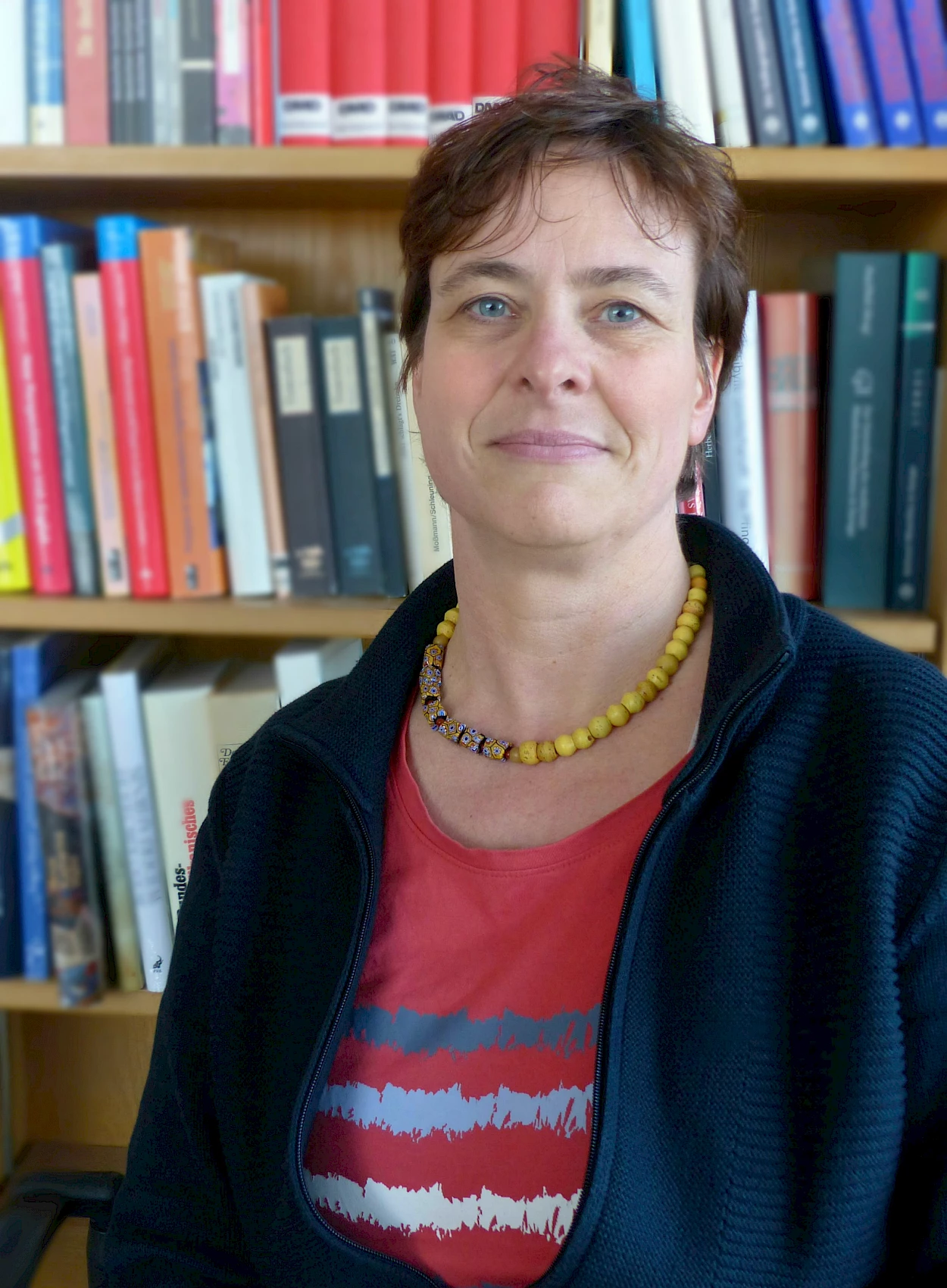Keynote 3 - Pluricentric Languages in the Era of Machine-learning: Assessing Opportunities and Challenges
Bettina Migge (University College Dublin, Ireland)
A number of languages have been transported around the world due to various processes of mobility and subsequently developed local distinctive practices, some of which have developed into new (written) normative standards. Although initially often contested by the traditional center of the language, such new norms have also become an essential embodiment of people’s identities. In the national era the distinctive linguistic features and identities were sustained, promoted and protected through education, media and national or supra-national language norming institutions. However, with the social transformations due to the growing importance of machine-learning technologies like Large Language Models (LLMs), new practices and new understandings of existing ones are emerging and the visibility of different language norms have also been changing. There is still little research on how linguistic contexts and understandings of language practices are being reshaped by machine-learning or AI tools and the mechanism driving these changes.
The aim of this presentation is to explore the impact of the widespread use of machine-learning tools and the reconfigurations they bring about in the context of pluricentric languages. The presentation will examine this issue with attention to the broader technological, sociopolitical and sociolinguistic context employing a broad language ideology perspective. Specifically, I will examine how machine-learning tools or so-called language models conceptualise and deal with linguistic diversity based on a critical reading of computational literature (and the rationale) before investigating some the language practices and strategies to help sustain linguistic diversity.

